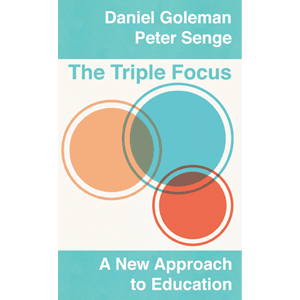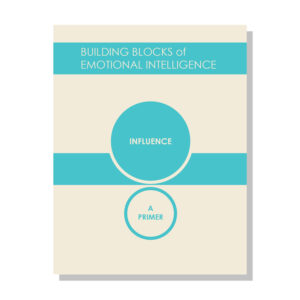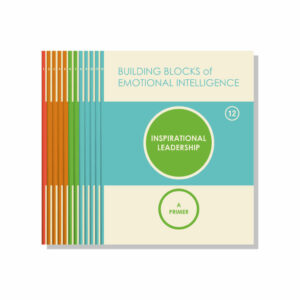

A Smart Recipe: Systems Thinking and SEL
November 13, 2014 Time to read: 3 min.The more we understand the process of developing systems intelligence, the more we see the close connections between understanding self, understanding other, and understanding the larger systems to which we all belong. This suggests great potential for partnership between Social and Emotional Learning, or SEL, and systems thinking.
Decision Making
For instance, these concepts have a unique synergy when it comes to enhancing personal decision making. The self-awareness and self-management tools SEL offers enhance cognitive efficiencies of all kinds: if a child can calm her disturbing emotions, she can think about systems more clearly. And the empathy and social tools of SEL opens students to the perspectives and feelings of others, so they can better take the other person into account. Combine that with the systems insights that allow a more comprehensive understanding of human dynamics, and you’ve got the constructs and tools for better interpersonal decision making – whether it’s how to handle a bully, or what to do about not getting invited to the prom.
Our capacity to care and our systemic awareness are inter-connected. In some very fundamental sense, all ethics are based on awareness of the consequences of actions. If I can see no effect of my actions on another, I see no ethical choices. We are seeing that the more kids are steeped in systems thinking, the more they express their innate predisposition to care at a larger and larger scale, whether it is in measuring how water is used in their school in a water-scarce region, or sharing the food from their school garden with their family.
Cognitive Development
A second potential area of synergy could be a rethinking of children’s cognitive development and potential. The findings of the past ten years or so, especially the work with young children, raise some big questions for the established views of the “cognitive ladder,” which place skills like synthesis at the top, with the presumption that this is what students will learn in college or graduate school.
We suspect the cognitive ladder as most educators know it today is shaped more than we can see by the reductionist bias of the western theory of knowledge. This is a theory that fragments, breaking complex subjects into smaller and smaller pieces. It is why, literally, an ”˜expert’ in modern society is someone who knows a lot about a little. With reductionism comes a natural bias toward analysis over synthesis, studying the pieces in isolation or analyzing subjects within arbitrary academic boundaries, like the separation of math from social studies or economics from psychology. This bias toward fragmentation and analysis is evident in the typical progression embedded in standard curricula toward more and more narrowly defined subjects, which progression continues right through college.
But if we start with a view that everything in the universe is interdependent, and that all humans have this innate systems intelligence, then we would have a different cognitive ladder. It would be more of a spiral. You would start with the idea that real thinking involves both reflecting on inter-dependence as well as about elements individually: synthesis and analysis. You would integrate movement along these two dimensions over time with a developmental progression.
Transform Pedagogy
A third important synergy between SEL and systems thinking has to do with transforming pedagogy and the culture of school. For example, a key to making such a spiral view of cognitive-emotional development practical in real educational settings is profound respect. You don’t try to teach kids something that has no meaning to them, something that does not connect in any way with their lives. But unfortunately, that’s still the modus operandi for 80-90% of school curricula. In contrast, students at every level find SEL compelling because it helps them deal directly with the issues that matter most to them: bullying, friendships, getting along, and the like.
We believe a wonderful joint project would be for leaders in SEL and systems education innovation to work on a common set of pedagogical principles, like:
- Respect the learner’s reality and processes of understanding.
- Focus on issues that are real to the learner.
- Allow students to build their own models, construct and test their own ways of making sense of problems.
- Work and learn together.
- Build students’ ability to be responsible for their own learning.
- Encourage peer dynamics where students help one another learn.
- Perceive teachers as designers, facilitators, and decision makers (more than “curriculum deliverers”). This requires that teachers have strong content knowledge, continually being advanced through robust peer-learning networks.







